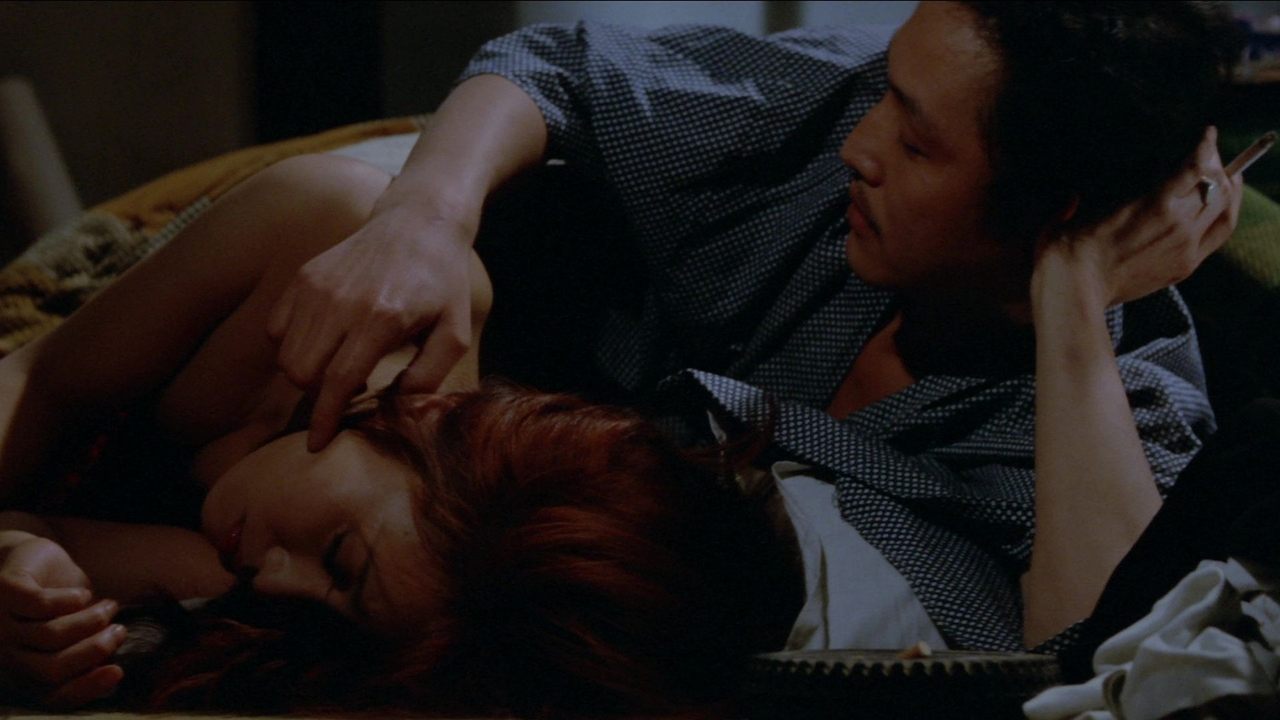

Junko Miyashita plays a mysterious hitchhiker picked up by a brute of a construction worker named Kenzo who takes her back to his run-down and cramped apartment in a not so good part of town. Claiming that she is running away from an abusive husband, she shacks up with him. In a futile attempt to escape the bleak working class surroundings, the pair engage in an obsessive erotic relationship.
 AD
AD
All Prime Video
Cancel anytime

Junko Miyashita plays a mysterious hitchhiker picked up by a brute of a construction worker named Kenzo who takes her back to his run-down and cramped apartment in a not so good part of town. Claiming that she is running away from an abusive husband, she shacks up with him. In a futile attempt to escape the bleak working class surroundings, the pair engage in an obsessive erotic relationship.
The movie is currently not available onine
Junko Miyashita , Renji Ishibashi , Ako
Kazuo Yagyu
Nikkatsu Corporation ,